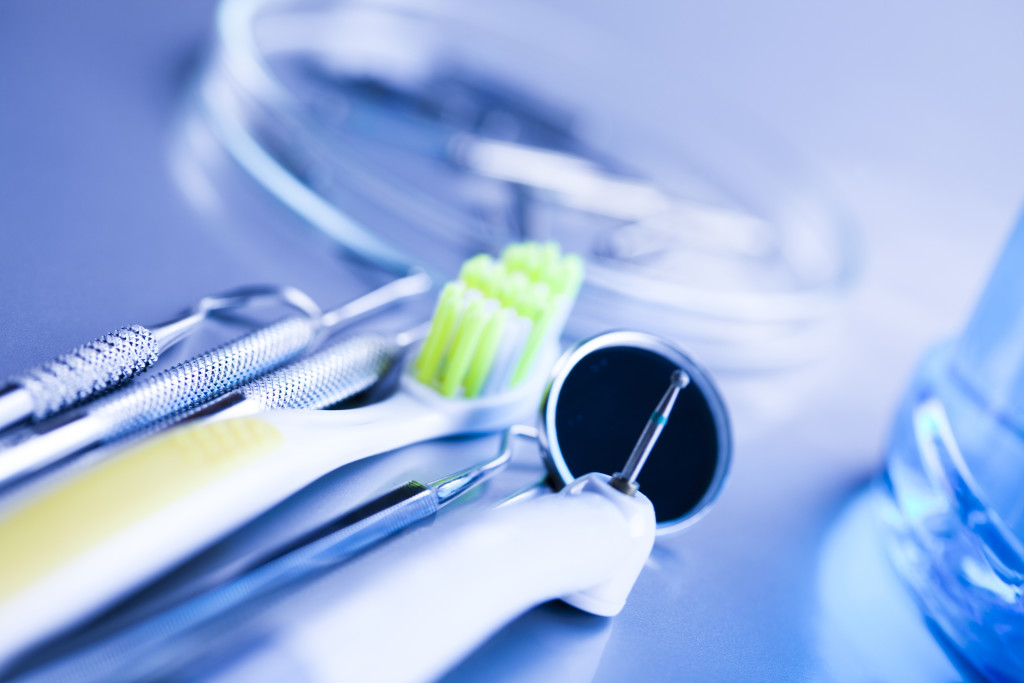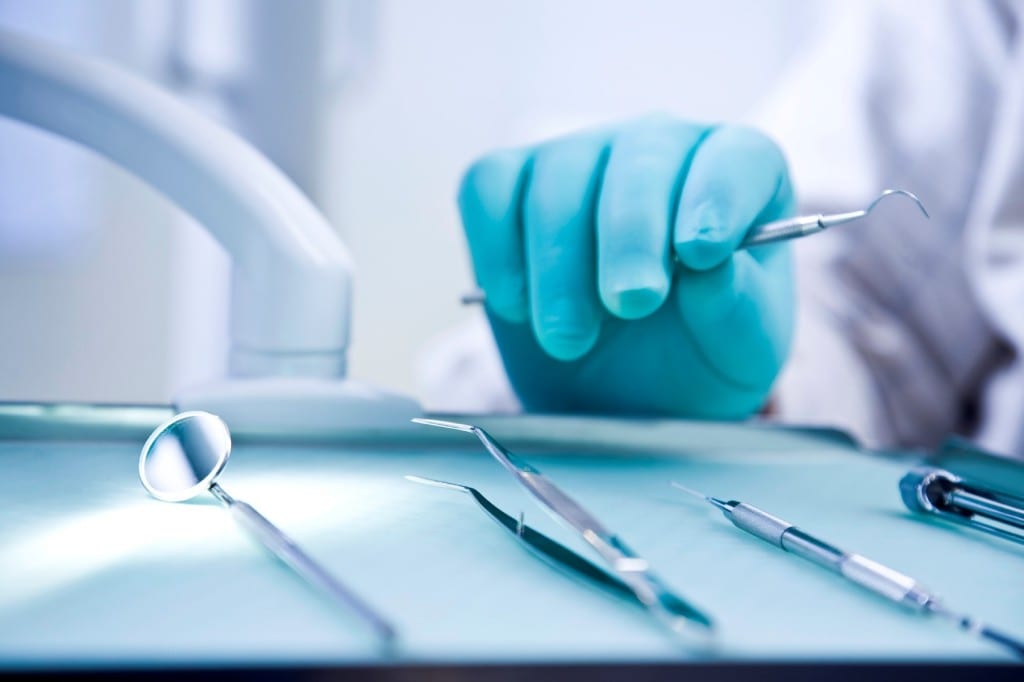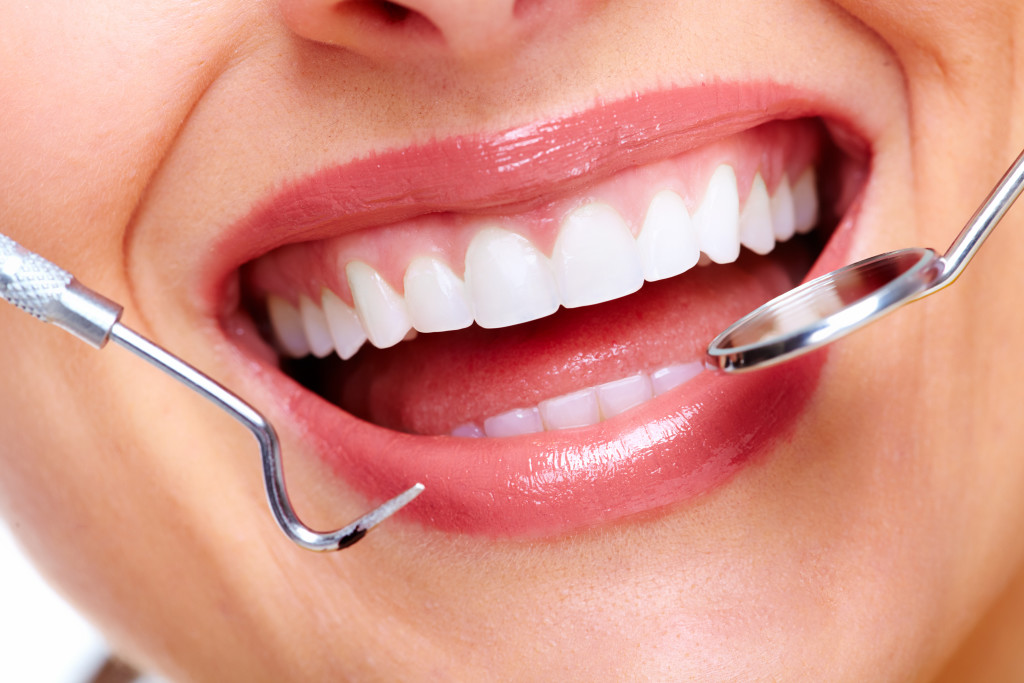 White teeth are not only a sign of health, but also a standard of beauty. True, very few people manage to preserve their natural color. But there are several ways to solve this problem. One of them is bleaching enamel.
White teeth are not only a sign of health, but also a standard of beauty. True, very few people manage to preserve their natural color. But there are several ways to solve this problem. One of them is bleaching enamel.
But before you rush headlong to the dentist to whiten your teeth, you should prepare yourself thoroughly.
Myths about teeth whitening
First, let’s figure out what myths about teeth whitening are worth believing, and what are not. After all, some are certain that this procedure is bad for the teeth themselves.
Myth 1. Because of teeth whitening, gums are damaged
This is not true. A modern system of teeth whitening provides for the protection of gum tissues with a special gel of azure color, which in the air has the property of hardening. As a result, the gums are isolated. And after the completion of the procedure, this gel can easily be removed.
Myth 2. Teeth whitening spoils enamel
Now dental clinics have in their arsenal effective and safe preparations for bleaching sensitive teeth. Therefore, for the safety of enamel, you should not worry. The most effective are tube or laser teeth whitening. But all methods of bleaching must be carried out under the supervision of a doctor.
Myth 3. Whitening toothpastes are harmful
There are no harmful toothpastes. It all depends on the individual characteristics of the person. But if you have an increased sensitivity of teeth, you should abandon the whitening pastes and give your preference to pastes with a special formula for sensitive enamel.
Myth 4. After bleaching, there is no need for special care for teeth enamel
This is also untrue. Care of the enamel is needed. Try not to drink red wine, tea, coffee in the first days after the procedure, and you will also have to stop using other coloring products. If you want to keep an amazing smile as long as possible, then you will have to give up bad habits.
Safety rules for teeth whitening
It is worth paying attention to the fact that before the procedure for bleaching sensitive teeth it is necessary to consult a specialist who must conduct a thorough examination of the oral cavity in order to identify possible contraindications.
Unpleasant sensations and pain during whitening are possible only if the teeth are damaged by caries or there are cracks on the enamel. Also, contraindications are inflammatory diseases of the gums.
Before the procedure, an experienced doctor should conduct treatment taking into account the condition of the mouth and individual sensitivity of the teeth. Also, a specialist can recommend special pastes aimed at reducing susceptibility.
If you adhere to simple recommendations for the care of bleached teeth, then your new smile will please you and those around you for a long time. After bleaching is:
- brush your teeth twice a day
- use a high-quality toothbrush and toothpaste
- use dental floss
- to monitor the condition of the teeth and the entire oral cavity, as well as timely detection of problems and effective treatment, at least twice a year to visit the dentist.
Teeth whitening negatively affects the sensitivity of the teeth, causing their extremely high sensitivity. If bleaching sensitive teeth, then it is necessary after this procedure to conduct remineralizing therapy. First, special solutions are used, after which the channels are closed with substances containing a large amount of fluorine.
Image credit: Alex Holyoake






